
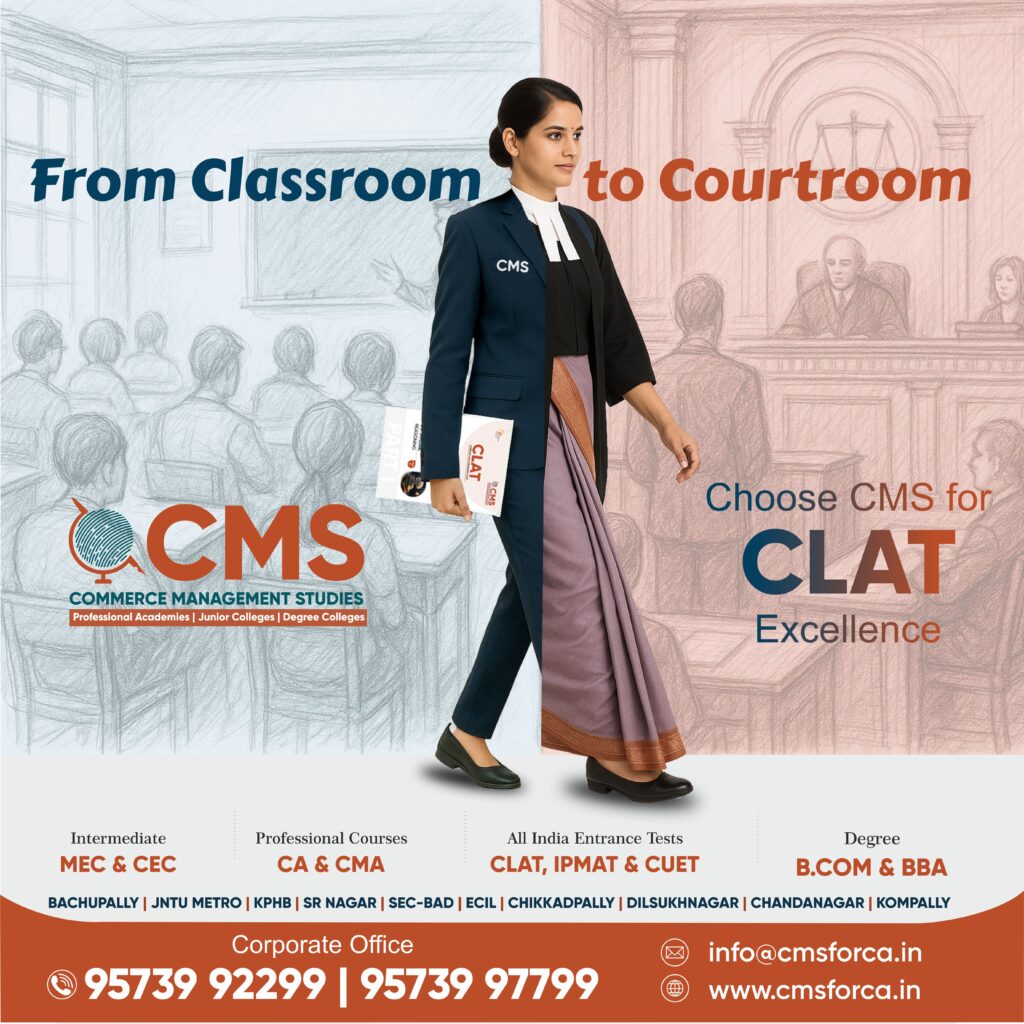

Enroll Now

CMS : For Your Growth in Education
CEC + CLAT
An integrated course merging CEC (Civics, Economics, and Commerce) with CLAT (Common Law Admission Test) preparation offers a comprehensive understanding of legal principles, economics, and governance. Students study subjects like civics, economics, and commerce alongside rigorous training in logical reasoning, legal aptitude, and general knowledge required for the CLAT exam. This interdisciplinary approach equips graduates with a diverse skill set suitable for pursuing careers in law, public administration, and policy analysis. Completion of the CLAT exam alongside CEC studies provides access to prestigious law schools and opportunities in legal practice, corporate law, or government service. The integrated curriculum fosters critical thinking, legal reasoning, and analytical skills essential for success in both legal and administrative fields.
Complete Information about CLAT
- List of Top Colleges (Participating NLUs & Others)
Some of the most prominent law colleges/universities (mostly National Law Universities, NLUs) that accept CLAT scores:
- National Law School of India University (NLSIU), Bengaluru
- NALSAR University of Law, Hyderabad
- West Bengal National University of Juridical Sciences (WBNUJS), Kolkata
- National Law University, Jodhpur
- National Law Institute University (NLIU), Bhopal
- Gujarat National Law University (GNLU), Gandhinagar
- Dr. Ram Manohar Lohiya National Law University (RMLNLU), Lucknow
- Maharashtra National Law University (MNLU), Mumbai
- Hidayatullah National Law University (HNLU), Raipur
- National Law University Odisha (NLUO), Cuttack
These are among the top preferred institutions for law aspirants using CLAT.
- Qualification Required / Eligibility Criteria
From recent sources (secondary / media) summarizing CLAT-2025:
- For UG (Five-Year Integrated LLB): Must have passed 10+2 (or equivalent) from a recognized Board.
- Minimum required marks: 45% for General / OBC / NRI / OCI etc. categories; 40% for SC / ST categories.
- Those appearing in Class 12 (or equivalent) in the same year are often eligible to apply provisionally (subject to passing 10+2) by time of admission.
- Who Can Write?
- Students who have passed or are appearing for the Class 12 / 10+2 exam.
- There is no upper age limit mentioned in the sources consulted.
- Eligibility for PG (LLM) courses via CLAT: Must have a law degree (LLB) with required minimum marks (often 50% general, 45% for reserved categories) depending on NLU rules.
- How to Register?
Based on summary of recent announcements / media:
- Registration is online through the CLAT / Consortium of NLUs portal. (Exact registration site is consortiumofnlus.ac.in)
- Steps typically include: filling application form with personal, academic, and category details; uploading required documents (photo, signature, proof of 10+2 marks or admit card or equivalent); selecting the correct category (reserved / unreserved etc.)
- There is usually a deadline for application; sometimes a correction window after form submission. (Media sources mention deadlines as per every year’s notification)
- Registration / Application Fee
From recent media sources / CLAT-2025 summaries:
- For General / OBC / PWD / NRI / OCI categories: approx.₹4,000
- For SC / ST / BPL categories: approx.₹3,500
Note: Official notice must be checked for final fee, as it may vary slightly based on category or special reductions / waivers.
- Coaching Type / Preparation Options
Not officially prescribed by CLAT; sources indicate common practices:
- Private coaching institutes (classroom-based) in many cities offering CLAT preparation.
- Online coaching (video lectures, live classes) and test series / mock tests.
- Self-study using CLAT sample papers and past test papers.
- Some law schools / organizations conduct CLAT workshops.
- Examination Structure / Pattern
Based on recent CLAT exam pattern info (UG level):
- The exam is for UG (5-year integrated) and PG programs. Primary discussion here is about UG.
- Number of questions: 120 questions in the CLAT UG exam.
- Type of questions: Multiple Choice Questions (MCQs) only.
- Marking: +1 mark for each correct answer; −0.25 (minus one-quarter) for each wrong answer.
- Duration: Usually around 2 hours for UG-CLAT, though media reports sometimes mention this.
- Subjects / Sections in the CLAT UG Exam
For CLAT UG (as per latest pattern):
The exam is divided into sections. Main subjects / sections tested include:
- English Language – comprehension, grammar, vocabulary, etc.
- General Knowledge / Current Affairs – events of national & international importance, etc.
- Legal Reasoning – passages or scenarios with legal issues; ability to apply law / rules.
- Logical Reasoning – basic logic, puzzles, analytical reasoning.
- Quantitative Techniques – basic arithmetic, algebra, data interpretation etc.
- Exam Qualifications / Passing / Scoring
- To be considered in merit, candidate must attempt the CLAT exam and get a valid score. No “pass / fail” in strict sense — more about obtaining good score and rank.
- Wrong answers attract negative marking (−0.25). So accuracy matters.
- Scores are used to create a merit list / rank; admissions to NLUs / participating colleges follow counselling based on that rank.
- Category-based reservations apply (SC, ST, OBC, etc.) in seats allocation in NLUs. Candidate should apply under correct category and provide required certificate proofs.
- Other Important Details
- CLAT is conducted once a year.
- No upper age limit for UG exam (as per recent sources)
- Admit cards are issued ahead of the exam; must be downloaded from the official portal.
- Candidates must bring valid identity proof etc. to exam hall.
- For PG admissions, LLB degree percentage requirements (often 50% for general, 45% for reserved) need to be met.
- Frequently updated sample papers / past year papers are released / available for practice.
- Slight changes in pattern / number of questions / duration may occur year to year; important to check the current year’s Information Brochure from the Consortium of NLUs.
Official CLAT Documents / Resources
- CLAT 2025 – Official Website / Portal
Consortium of NLUs, for CLAT 2025 info & notification. Consortium of NLUs - CLAT 2025 Calendar (Important Dates)
Has dates like exam date, provisional answer key, result, counselling etc. Consortium of NLUs - CLAT 2025 Brochure from NALSAR (PDF)
Detailed eligibility, courses, etc. NALSAR University of Law - Revised CLAT Information Brochure – AY 2025-26 (NLSIU version)
Our Branches Which Offer CEC + CLAT
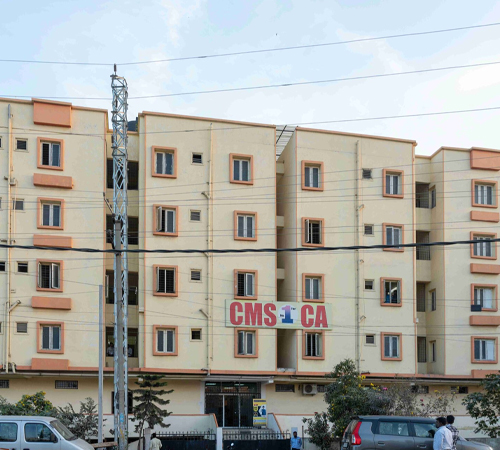
BACHUPALLY
(Exclusive Residential Campus for Boys)
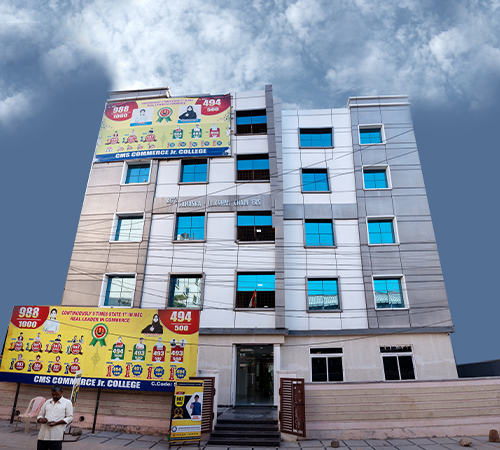
JNTU Metro
(Day Scholar Campus)

KPHB (SONY Campus)
(Exclusive Residential Campus for Girls)

SR Nagar
(Day Scholar Campus)
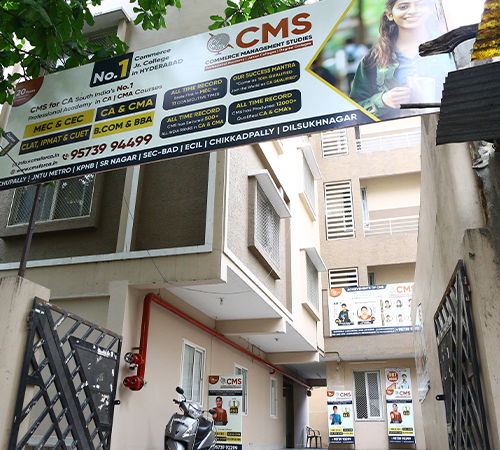
Secunderabad
(Day Scholar Campus)
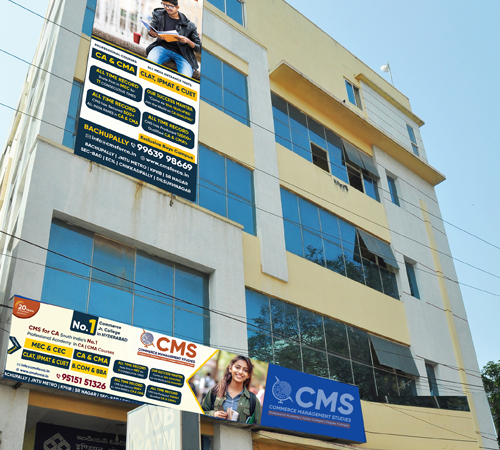
ECIL
(Day Scholar Campus)

Chikkadpally
(Day Scholar Campus)

